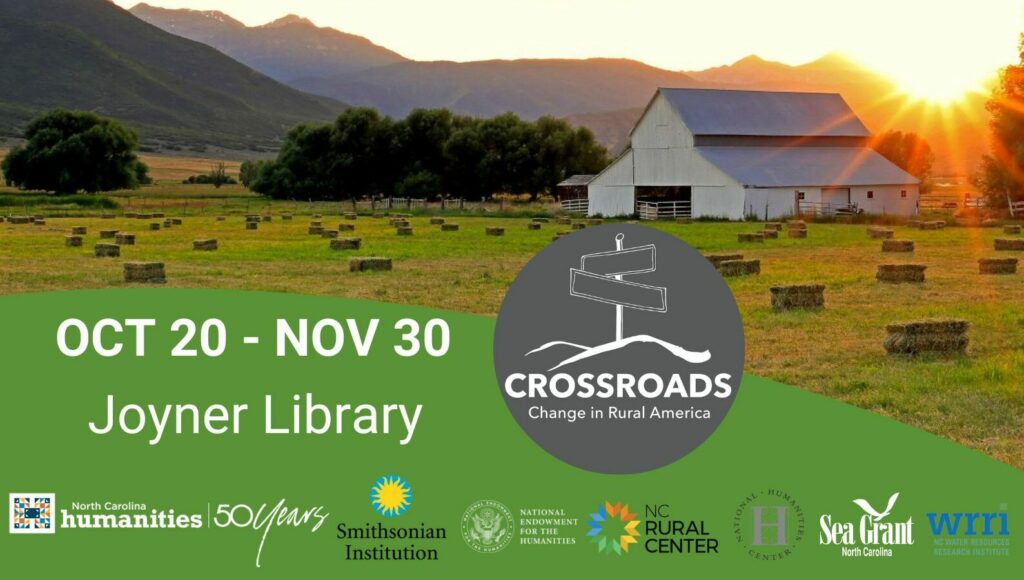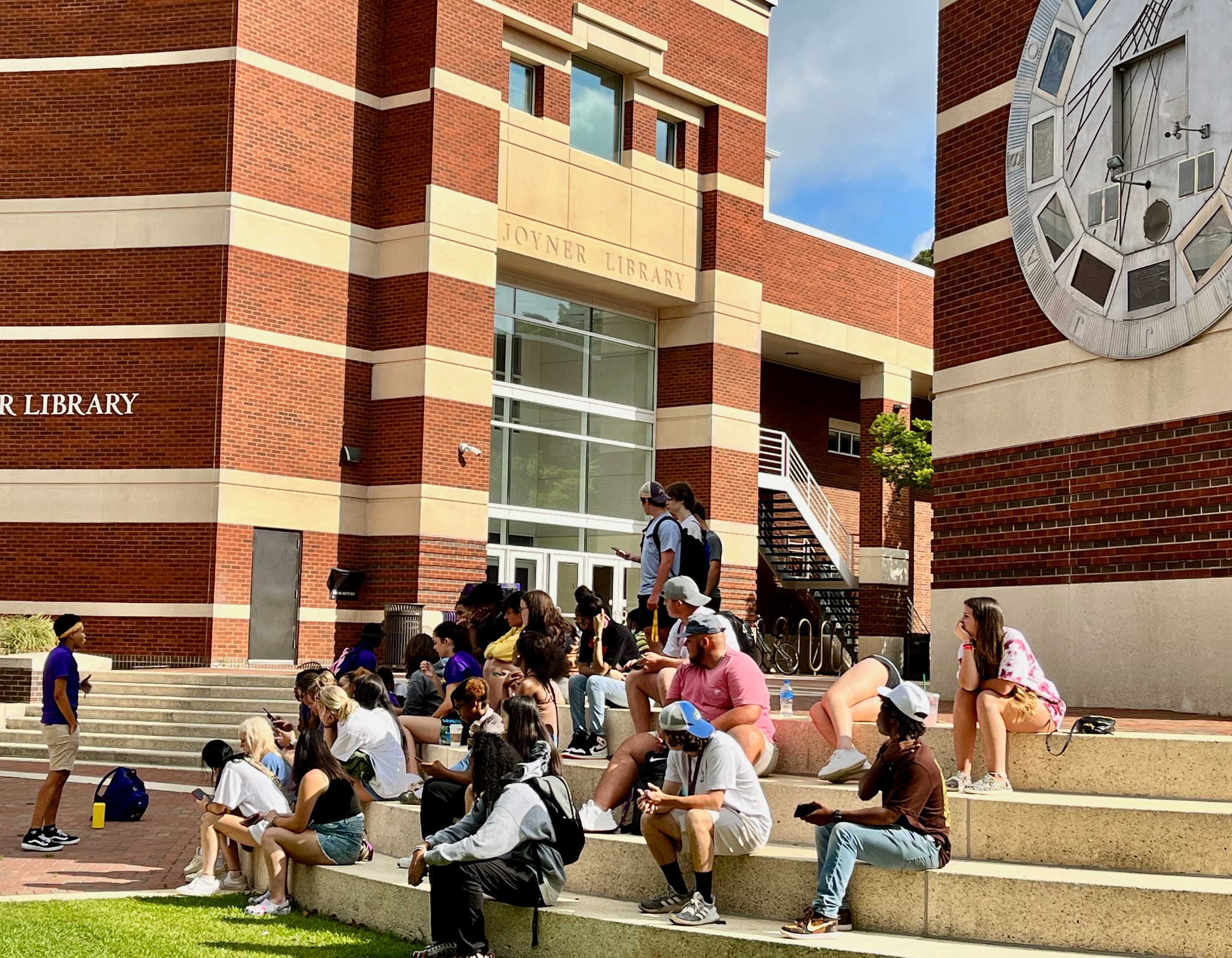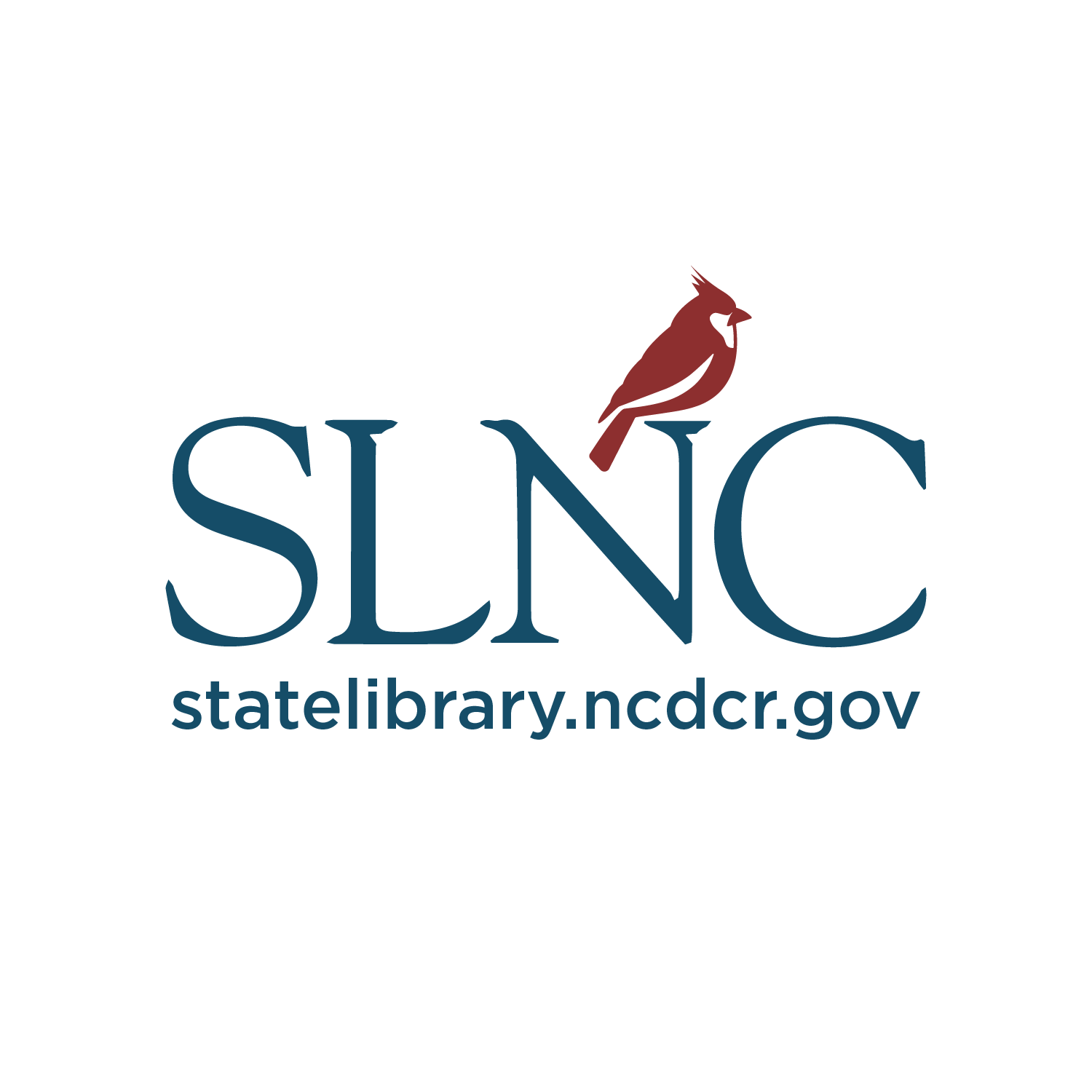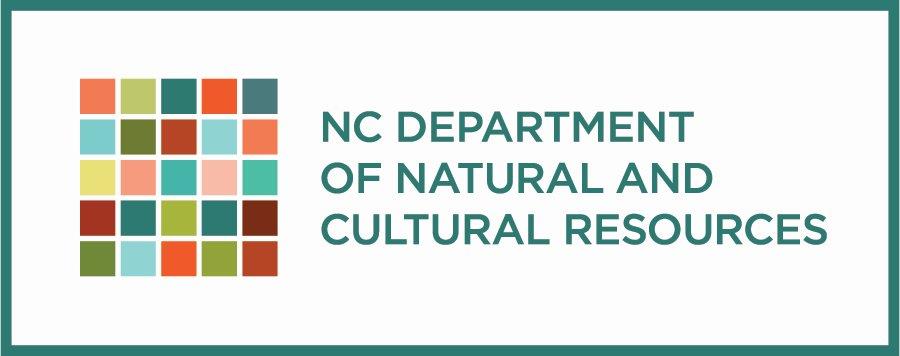
(October 25, 2022) CHARLOTTE, N.C. – North Carolina Humanities is proud to present the Smithsonian Institution exhibition Crossroads: Change in Rural America! The exhibit explores the history of rural America and how rural communities are leveraging their cultural uniqueness as an opportunity for growth and development.
Six venues were selected by NC Humanities to host the exhibit around North Carolina in 2022-2023. As the exhibit travels, we are speaking with team members from each upcoming tour stop to discuss rural North Carolina and what visitors can expect to experience.
Crossroads: Change in Rural America is on display at Joyner Library, East Carolina University’s (ECU) main campus library, from October 20, 2022- November 30, 2022, and is free and open to the public. To learn more about how to visit the exhibit and attend related events and programs in Greenville, visit: https://library.ecu.edu/2022/02/28/smithsonians-crossroads-change-in-rural-america-exhibit-coming-soon/
We caught up with Charlotte Fitz Daniels, Events & Programs Coordinator and Curator of ECU’s Janice Hardison Faulkner Gallery; Jennifer Daugherty, the library’s Head of North Carolina Collection; and Heather White, Assistant Director for Assessment & Engagement at Joyner Library, to learn more.
 Tell us about East Carolina University and Joyner Library.
Tell us about East Carolina University and Joyner Library.
Heather: Libraries are much more than a place to read books. As ECU’s main campus library, not only do we serve the students, staff, and faculty of the university, but we serve the greater community. ECU and Joyner Library are committed to student success, whether it be offering electronic textbooks, renting equipment like laptops to those who may not have access to such resources at home, or serving as a resource for research and an access point to special collections and archives. I truly believe in the mission of the university and have seen what it does in our region. Bringing the Crossroads exhibit to Greenville is an amazing opportunity for us as we leverage our privilege as a university and work with the community to make sure these stories about rural America are available.
“Rural” means something different depending on where you are in North Carolina. What do you think “rural” means to your community?
Charlotte: Sometimes people think rural is monolithic, and it really isn’t. There are so many nuances to our rural region here in eastern North Carolina, in a way that maybe you don’t see in other areas. I think that was one of the things that attracted us to this exhibit, that it was about “rural” and that we could really use it to highlight our region.
Greenville is a small city. It doesn’t feel particularly rural, especially in the university area, until you start getting out in the outskirts of the area and the region, and then you really are in the middle of a rural region. I’ll leave my house and, suddenly, I’m on back roads surrounded by cotton fields! That’s when you see how farming has its place here in eastern North Carolina and learn about the diverse communities that work in agriculture.
What can people expect to experience when they visit Crossroads at Joyner Library?
Jennifer: Crossroads will be on display October 20-November 30, 2022, and we will have special programs going on during and after the exhibit is here. Our reception on Nov. 3 at 4 p.m. will feature lectures by a couple of ECU geography professors, so that will be an exciting and enlightening event for the exhibit.
We are currently working on a community project to document the lives and stories of Latinx and African American farmers in North Carolina. We are working with the Association of Mexicans in North Carolina (AMEXCAN), as well as other community organizations, to make sure we document these oral histories in respectful and meaningful ways. This work will begin after the exhibit leaves ECU, but it is a great way to launch this project. We are also working on creating additional exhibit panels to display some of these oral histories, as well as highlight the diverse communities, farmers, and crops that are here in eastern North Carolina.
Charlotte: This exhibit is important, especially for our students. Even if you are not from a rural community, this exhibit provides a space for self-reflection, to think about identities, and to explore how your identity is reflected in your community, or maybe how it isn’t.
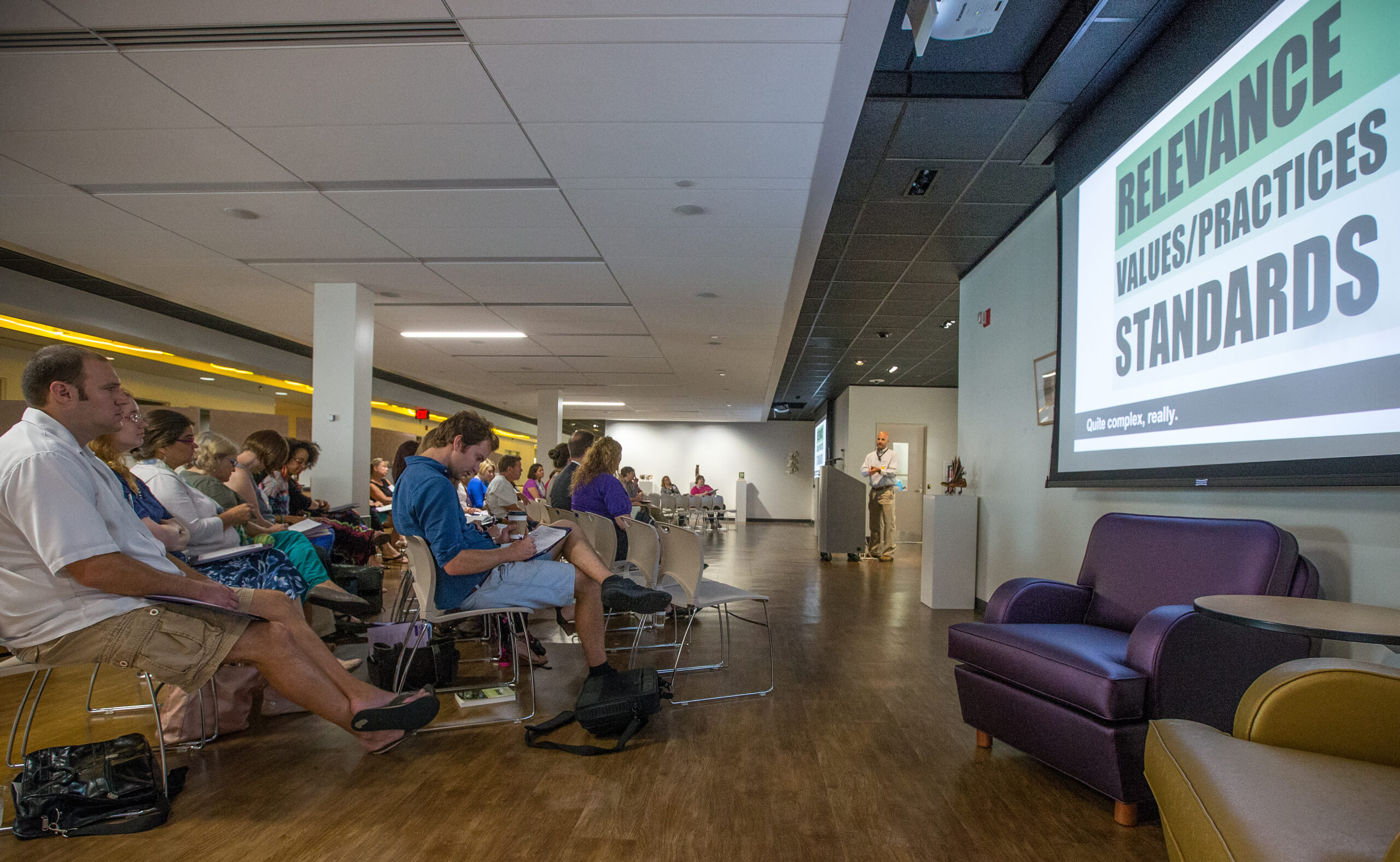 Why are the humanities, museums, and exhibits like Crossroads important?
Why are the humanities, museums, and exhibits like Crossroads important?
Heather: I love the humanities. I really believe the humanities can be transformative. Museums and libraries are community anchors. They are places that bring people together, whether to look at a beautiful piece of art or to check out a book. You can have so many multidimensional experiences in libraries, cultural institutions, and museums, because they are places to think critically. Whether it’s children or adults, the humanities and stories are what connect us. Exhibits like Crossroads allow us to see our differences and commonalities as a community, both on campus and regionally, and to have conversations and learn about stories.
How can people support Joyner Library?
Please visit https://library.ecu.edu/giving/ and follow us on social media (@joynerlibrary) on Twitter and Instagram, and Facebook by searching Joyner Library.
At the Crossroads: Exploring Rural America Blog: As Crossroads: Change in Rural America travels around the state, North Carolina Humanities is speaking with each selected venue to talk about rural North Carolina and what their visitors can expect to experience. Crossroads: Change in Rural America is part of Museum on Main Street (MoMS), a unique collaboration between the Smithsonian Institution Traveling Exhibition Service (SITES), state humanities councils across the nation (like North Carolina Humanities), and local exhibit host institutions. To learn more, visit nchumanities.org.
About the Crossroads tour: North Carolina Humanities’ tour of Crossroads: Change in Rural America began at Iredell Museums in Statesville September 2022 and is now at Joyner Library at East Carolina University in Greenville. From there, the exhibit travels to Granville County Historical Society and Museum in Oxford, Museum of the Albemarle in Elizabeth City, and Mountain Heritage Center at Western Carolina University in Cullowhee. The tour concludes at Onslow County Museum in Richlands June 2023. Thank you to our statewide tour sponsors: the NC Rural Center, the National Humanities Center, North Carolina Sea Grant, and NC Water Resources Research Institute, as well as the many local sponsors supporting the exhibit in their community. A full tour itinerary is available at nchumanities.org.
Photo Credits: Joyner Library


